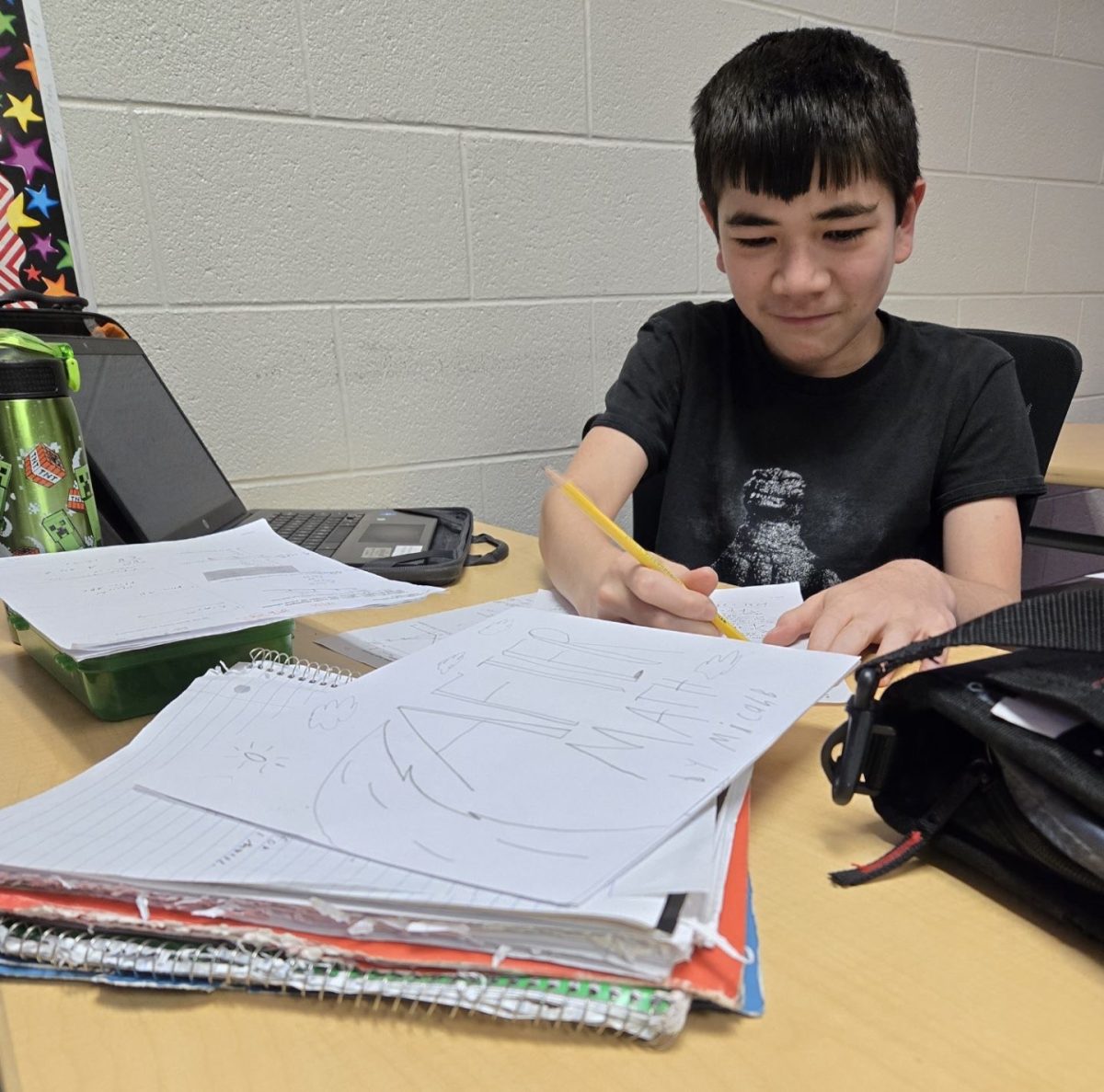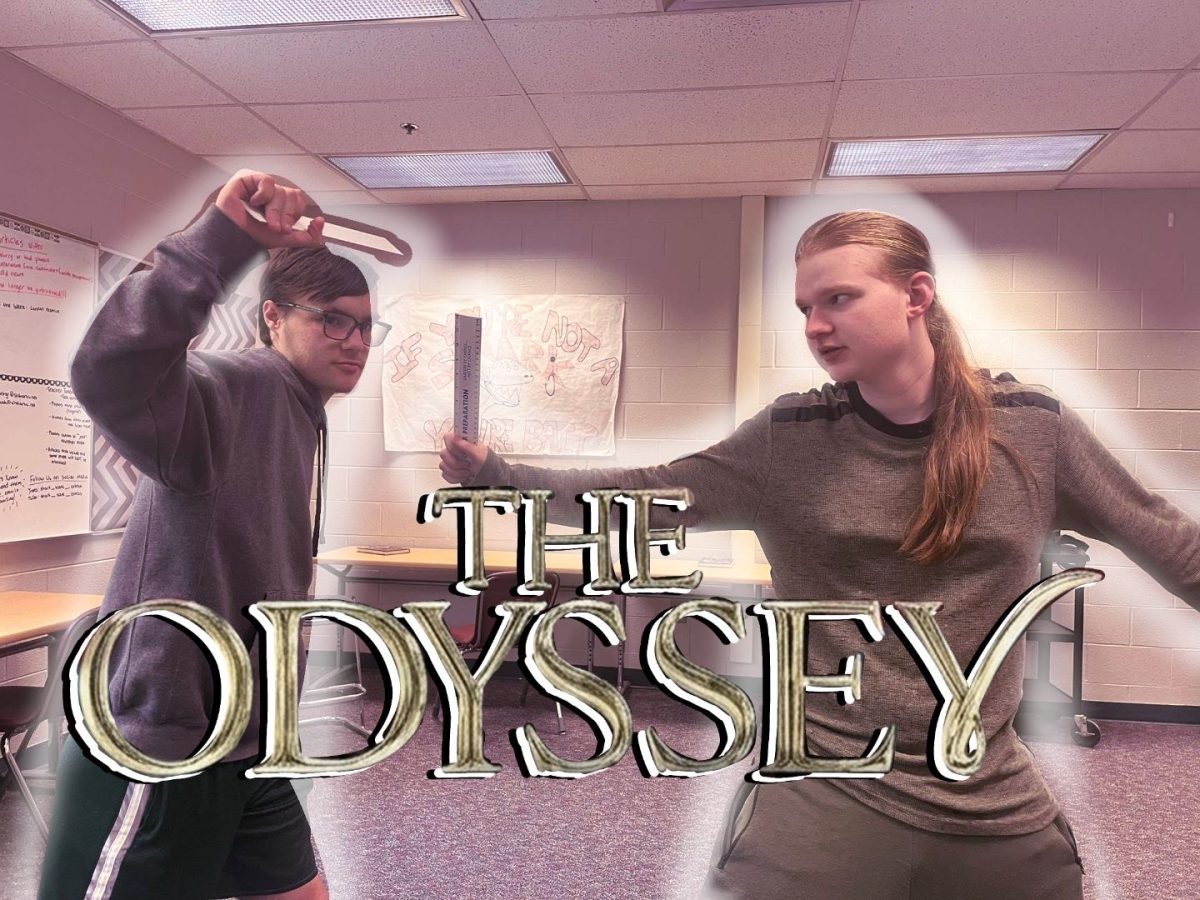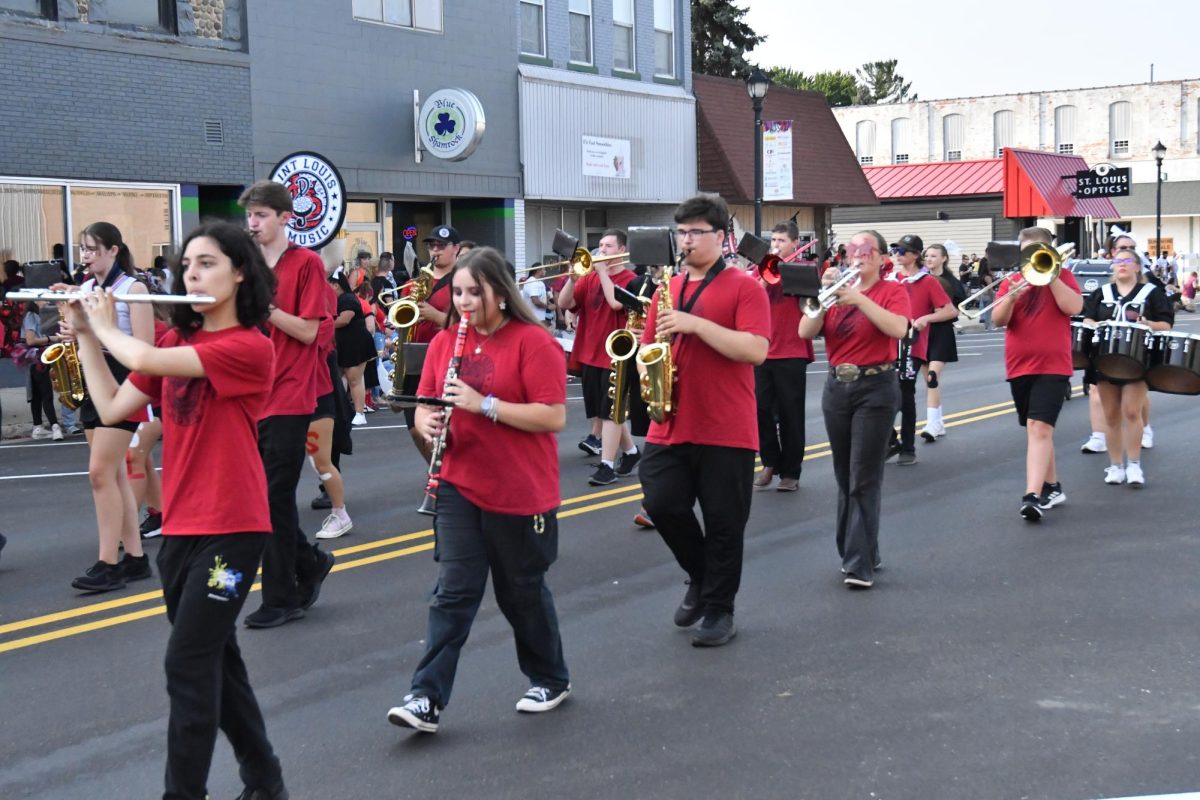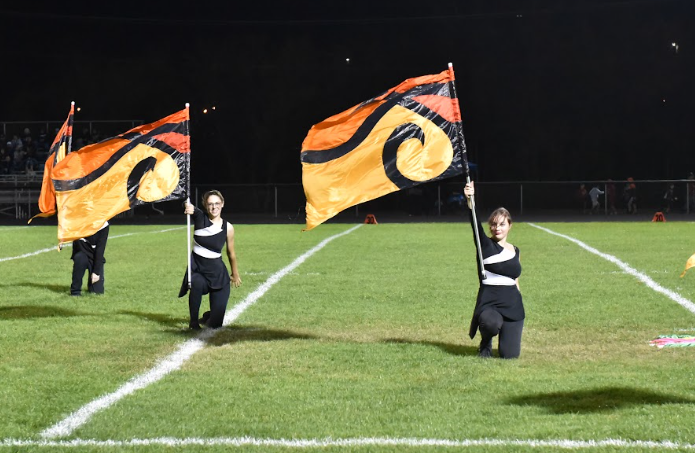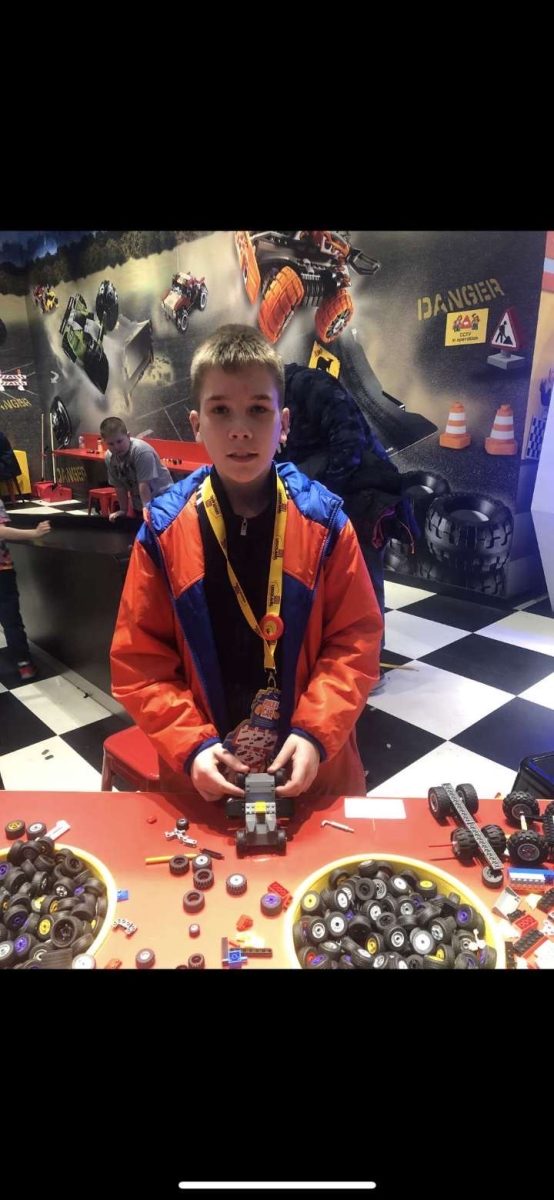Artificial Intelligence has been an issue all around the world for many schools. Some students use machine learning as ways to cheat on tests or to find answers to their homework. However, the question remains, is artificial intelligence over used at St. Louis High School?
Artificial Intelligence in classrooms has its pros and cons. Sean Gallagher, writer of “Should Students Use A.I. for Homework? Pros and Cons” for Summit Learning Charter, lists that pros of using machine learning; “Can improve accessibility, be a supplement tool for researching, can improve efficiency, and can teach students how to properly engage with A.I.” However, there are just as many cons as there are pros which, “may encourage cheating or plagiarism, reduce student engagement, provide inaccurate information at times, and it may prevent students from learning valuable skills.”
Both students and teachers at SLHS have strong opinions on the topic of AI use at the high school and whether or not it has become a problem over the years. Ms. Snyder said, “I think it can be a problem anywhere, regardless of the district or academic level. I do think that some students overuse AI and use it in the wrong ways, but I don’t think it is the majority of the students. Regardless of the subject, students are using AI. There are apps for almost every subject. They are using it to answer questions, solve mathematical equations, and even write essays for them. I think they see it as the easy way out. They don’t have to put forth the effort. Learning is hard and students don’t always like to try or do hard things, especially if it is in a subject area that isn’t of interest to them.”
Snyder added, “Not only are they not going to learn information they may need in the future, but more importantly they are developing negative work ethics. Taking the easy way out, cheating and possibly falsifying information amongst other habits are not going to benefit them when they enter the workforce. Society now already struggles to get information coming at them from all mediums, determining whether it is credible or not. With the creation of AI, I fear that future generations will especially believe whatever AI tells them and will struggle to think critically and be able to analyze information. AI is here and it isn’t going anywhere. We can tell students not to use it all we want, but that’s not going to be effective. I don’t think we can prevent the usage of it. I think we need to teach students when, where and how to use it appropriately.”
Students also see others’ attachment to the mechanical way of learning and have their concerns for their peers. Tori Trevino, a first year student at SLHS, said“Not so much a problem as a fear we’ll use it the more it is advancing. I personally might see it more when people do history and English assignments because they don’t wanna do the research and such. They mainly lean to AI so they don’t personally have to do the work. It might affect their work because they might not actually retain and learn the subject they need. Therefore downgrading their knowledge might affect later generations by thinking it’s acceptable and then relying on AI for everything and not learning anything.” Trevino concluded with, “It can be prevented by locking accesses and ways to get it.”
The usage of AI in schools makes it harder to learn the topic that may be beneficial later down the road. Though for some people AI is a disliked source, other students may need to be addressed on how to correctly use machine learning.


